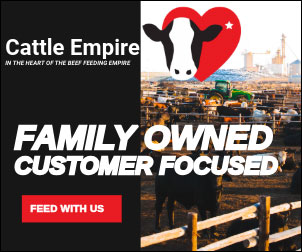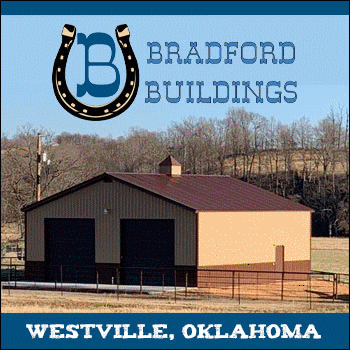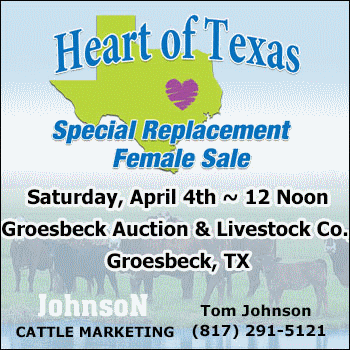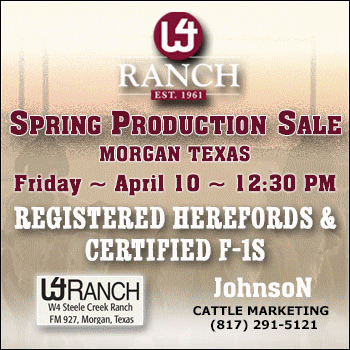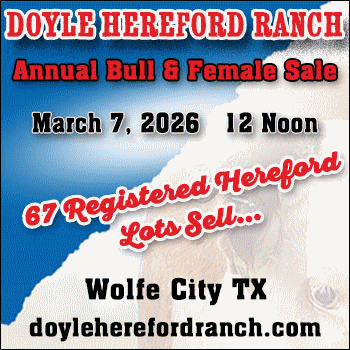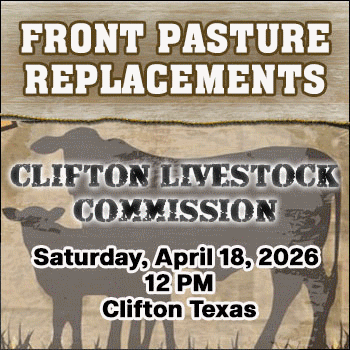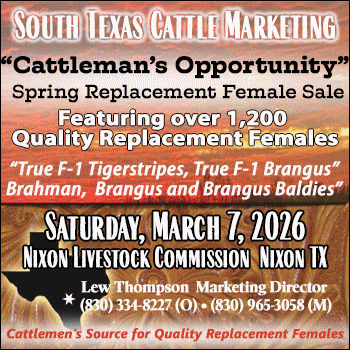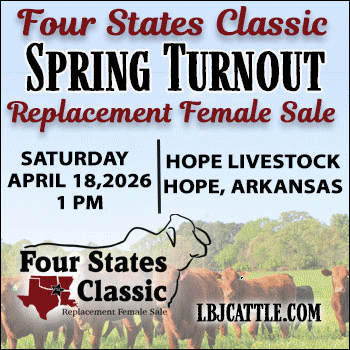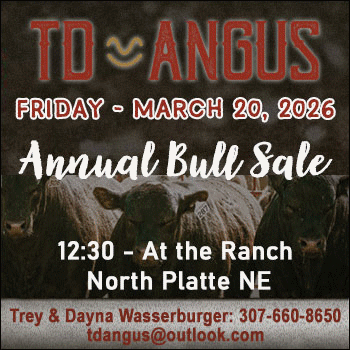By Rep. Liz May, South Dakota House of Representatives, District 27, Rancher, Business Owner, Member, House Appropriations Committee
Every time I hear the National Cattlemen’s Beef Association defend the mandatory Beef Checkoff, I ask one simple question: If this program is working so well, why have we lost nearly half of America’s cattle ranchers since it began?
NCBA claims Sen. Mike Lee’s, R-Utah, Opportunities for Fairness in Farming (OFF) Act would somehow “harm” ranchers. In truth, the OFF Act offers long-overdue transparency and accountability to a broken system that’s helping multinational packers — not the independent ranchers who are forced to fund it.
Let’s talk facts.
The mandatory Beef Checkoff was enacted by Congress in 1985. Since that time:
- In 1986, America had 1.6 million cattle operations.
- By 2022, only 882,000 remain.
- That’s a loss of over 700,000 ranchers — a decline of 45%.
(Source: USDA Census of Agriculture)
- In South Dakota, cattle is the leading sector of our agriculture economy — and agriculture itself is South Dakota’s No. 1 industry, contributing more than $33 billion annually to our state’s economy.
But even here at home, the trends are alarming:
- In 1997, South Dakota had 19,606 beef cattle operations.
- By 2022, that number had dropped to 13,379—a loss of over 6,200 ranches, or about one-third of South Dakota’s independent cattle operations in just 25 years.
(Source: USDA Census of Agriculture, S.D. Department of Ag and Natural Resources)
Meanwhile, independent cattle feeders have disappeared nationally:
- In 1996, there were about 60,000 independent feedlots.
- Today, fewer than 25,000 remain—and over 80% of fed cattle now come from large corporate yards aligned with packers.
(Source: USDA Economic Research Service)
And packer concentration has soared:
- In 1980, the top four beef packers controlled 36% of U.S. fed cattle slaughter.
- Today, they control over 85%.
(Source: USDA, Department of Justice)
Family ranchers are disappearing. Independent feeders are disappearing.
Packer profits are soaring. Consumer beef prices are at record highs.
Yet cow-calf producers still struggle to make a living — and are still required to pay $1 per head into the mandatory checkoff, even as imported beef floods the market.
The checkoff was originally designed to promote American beef producers — to help build demand for U.S.-raised beef.
But today, checkoff funds are used to promote generic beef — whether it was born, raised and finished in the U.S. or imported from Brazil, Uruguay or elsewhere.
In fact, imported beef can be labeled “Product of USA” after minimal processing — while U.S. ranchers pay to promote the entire category.
That’s not fair — and it’s not what the checkoff was intended to do.
Despite NCBA’s fearmongering, the OFF Act does not eliminate the checkoff.
It simply ensures:
- No lobbying with checkoff funds.
- Public audits of how funds are spent.
- Open board meetings — no more closed-door deals.
- Producer choice — the ability to opt out if they do not support the program.
As the South Dakota Stockgrowers Association says:
“We support full transparency and accountability in the Beef Checkoff. Producers deserve to know how their dollars are spent.”
Across the country, real grassroots rancher groups — not corporate packer-aligned trade organizations — support the OFF Act.
R-CALF USA says:
“Independent U.S. cattle producers should not be forced to fund generic beef promotion that benefits multinational packers. The OFF Act restores fairness.”
Montana Cattlemen’s Association states:
“We strongly support the OFF Act to bring sunlight to a system that has worked against independent cattle producers for far too long.”
Independent Cattlemen of Nebraska adds:
“The current Beef Checkoff system no longer serves independent Nebraska cattlemen. The OFF Act is a much-needed reform.”
Independent Beef Association of North Dakota declares:
“Producers must have a voice and choice in programs they fund. That’s why we support the OFF Act.”
National Farmers Union puts it plainly:
“NFU supports the OFF Act to ensure that checkoff programs operate with full transparency and reflect the will of the farmers and ranchers who pay into them.”
If not the OFF Act, then what is NCBA’s plan to stop the decline of independent ranching?
They never say. They simply insist the checkoff is “working.”
For whom?
- Not for the 700,000 ranchers who are gone.
- Not for the 6,200 South Dakota ranchers we’ve lost.
- Not for the independent feeders being driven out.
- Not for cow-calf producers whose margins shrink while packers and retailers reap record profits.
We’ve seen what unchecked packer power and vertical integration do:
In hogs, over 90% of independent producers are gone — replaced by packer-owned and contract grower systems.
Much of U.S. hog processing is now foreign owned: Smithfield, the largest U.S. pork processor, is owned by China’s WH Group.
In poultry, 95% of production is vertically integrated — growers don’t own their birds and carry all the risk.
Major players in U.S. poultry processing include foreign-backed corporations such as JBS (Brazil), which owns Pilgrim’s Pride, one of the largest U.S. poultry companies.
This is where unchecked concentration leads — not only loss of independent producers, but foreign control of key U.S. food sectors.
The Beef Checkoff didn’t “save” America’s independent cattle industry. It coincided with its collapse, while global packers grew bigger and richer.
And here’s another question policymakers need to ask:
With national debt now surpassing $38 trillion and rising deficits, federal and state budgets will face increasing pressure and cuts. In that environment, how will South Dakota’s economy remain strong if we allow our No. 1 industry — agriculture, worth $33 billion annually — to continue shrinking?
And this problem is bigger than South Dakota. Across America, we’ve allowed ourselves to become a consumer nation, letting the production side of our economy — especially in agriculture — fail. We import more and more of what we used to produce ourselves, from beef to manufactured goods, all while losing family farms, ranches, and the small businesses that support them.
If we lose more family ranchers, more cattle feeders, and more control of our food system to global corporations, the ripple effects will hit every South Dakota community — from local schools, to county budgets, to main street businesses that depend on a healthy ranch economy.
We cannot afford to ignore this any longer. If NCBA has a better plan to reverse the decades-long decline of independent ranching, I’d love to hear it. But after 40 years of empty promises, America’s ranchers — and South Dakota’s future — can’t wait any longer.
Articles on The Cattle Range are published because of informative/interesting content but don't necessarily reflect the views of The Cattle Range.

